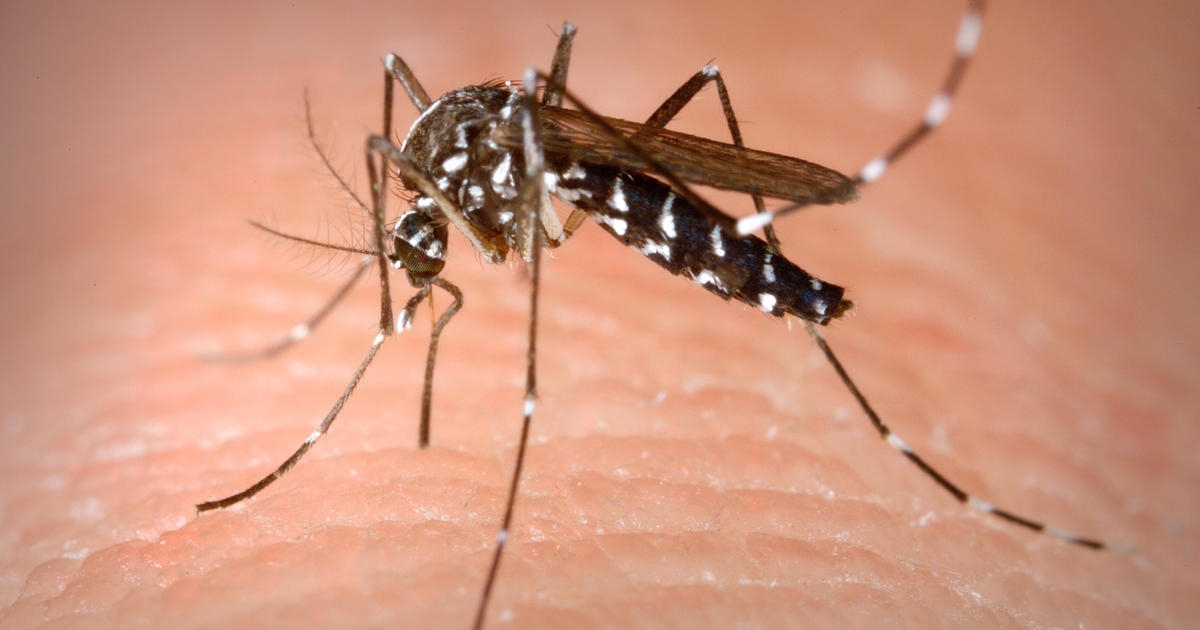Legislature Cuts To Dim "Bright Futures" Luster
TALLAHASSEE (CBSMiami/NSF) - If your child was depending on a Bright Futures scholarship in the years ahead, you should be considering how you're going to make up for the cuts approved in the Florida Legislature as the session moves to a close. Students eligible for Bright Futures scholarships next year will see their awards slashed by 20 percent in the biggest cut to the popular college aid program since its inception.
Under a deal worked out late last week last week, Bright Futures awards will be cut 20 percent per student. Lawmakers also agreed to raise the number of community service hours students have to complete to be eligible for a scholarship, and will start requiring students to complete a federal financial aid form to get a scholarship.
Lawmakers say these cuts were a necessary evil in a difficult budget year.
As the cuts appear a done deal, lawmakers also want to raise tuition by 8 percent, giving universities the option to hike tuition another 7 percent above that amount. Florida"s in-state tuition is one of the lowest in the nation and universities have used double-digit increases in a bid to move closer to the national average.
Opposition to the cuts in the higher education budget has been muted. Even many Democrats, who in general oppose the Republican-written budget, say they understand the decision to cut Bright Futures.
"It"s a good program, but I don"t think it really meets all the needs it should be meeting," said Rep. Betty Reed, D-Tampa. "The students that really need it are not able to receive it."
The merit-based scholarship program was established in 1997 to prevent a brain drain of Florida students to out-of-state colleges. It has largely achieved that goal, with over 180,000 students last year, up from the roughly 42,000 students who applied during the program"s first year.
This is the third year average awards for the Bright Futures scholarship will drop.
These cuts are a compromise between Senate and House positions. The Senate originally wanted a steeper cut of $1,000 per award while the House suggested a cut of roughly 15 percent.



